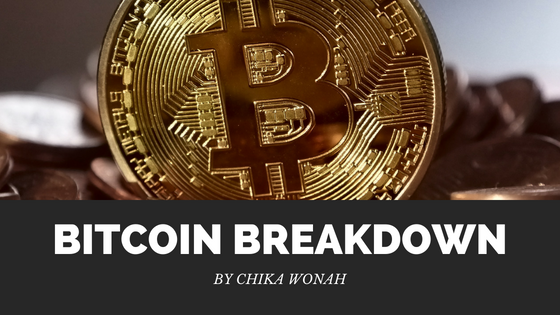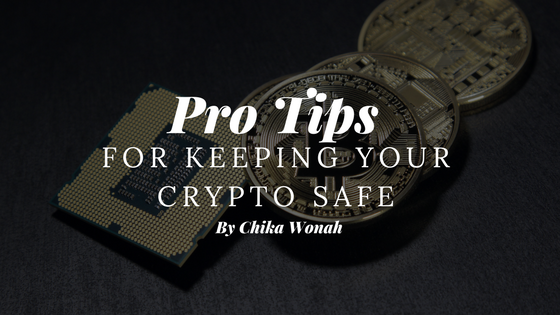The Bitcoin technology has the potential to revolutionize the way people manage and utilize money. It is known by its nature to fluctuate over time. If used well it can have a great impact on the current financial structure. One can earn money from Bitcoin by working in office, trading and exchanging other currencies. One can also earn by mining Bitcoins. Mining of Bitcoins happens in the virtual world. When you have Bitcoins, you can use it to buy and sell goods and exchange it with other currencies.
How Bitcoin Work
To deal with Bitcoins, you need to create a Bitcoin wallet. You can create this with some of the best Bitcoin payment service providers such as Bitpay and CoinBase. Quintal is offering this services for free. You can pay low fees and let these providers execute orders for you. Bitcoin wallets also provide storage services for wallet owners. One can store money in the form of Bitcoins in this accounts and use it for any transactions as long as the counterparty accepts Bitcoins too.
The speculative nature
The Bitcoin is valued speculatively. The primary currency can be used for selling or buying goods. They are not accepted yet for use in the world. There are fears that it has been used for illegal purposes such as gambling and drugs. For a person buying goods using Bitcoins, it can be a cheaper option when compared to the dollar. In 2013 for instance, it was traded above $1000. It has always been fluctuating ever since. It has however received an exponential growth in the present-day economy. Its current value is associated with a bubble burst. The Bitcoin improved in 2017 due to its popularity and advancement in technology. This shows a long-term potential for cryptocurrency adoption.
Tech giants investing in Bitcoins
The largest investment in Bitcoin started being witnessed in 2017. It raised the foundation for a better economy. It also increased opportunities in sectors such as mobile app development, financial sector, cybersecurity, and many others. Larger companies have taken a step to invest in Bitcoin. Tech companies such as Dell, Overstock, Expedia, Dish, and Microsoft now allows their customers to make payments with Bitcoins. The total number of merchants who accept Bitcoins has increased from 36,000 to 82,000. It is now possible to buy anything using the Bitcoins.
The total number of Bitcoin ATM around the world has increased to 340. The total amount of venture capital investment increased to $335billion from $98million. This has created a potential for future growth in this currency. Bitcoin also provides a technological platform that is fast and safe. It has therefore changed the ecosystem around the world’s financial economy. It is expected that its use and adoption will keep increasing with time.




